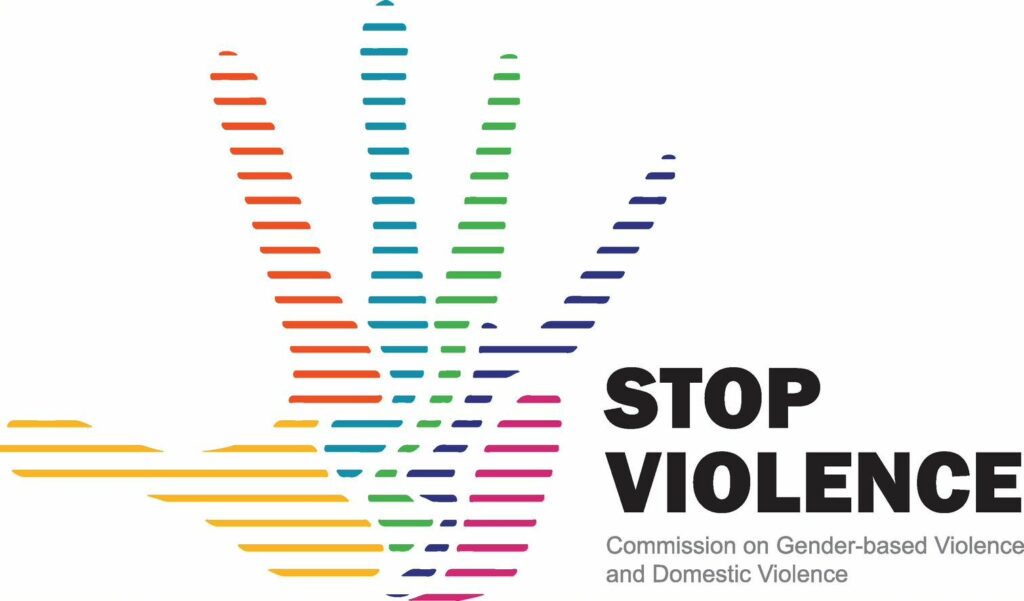Overview
Commission on Gender-Based Violence
and Domestic Violence
The Commission on Gender-Based Violence and Domestic Violence
Set up under Article 3 of the Domestic Violence Act (Chapter 481) on March 1, 2006. The legislation was further updated in May 2018 by widening the remit of the Commission to include gender-based violence and domestic violence.

The functions of the Commission on Gender-Based Violence and Domestic Violence
(a) to advise the Minister and any State institution on all issues relating to gender-based violence and domestic violence, as well as the measures deemed necessary to ensure conformity with their due diligence obligations as established in article 5 and the Convention;
(b) to monitor and oversee the effective implementation of the Action Plan developed by Government in accordance with article 5;
(c) to engage any relevant stakeholders, including civil society, in the effective implementation of the Action Plan mentioned in the preceding paragraph;
(d) to determine the appropriate financial and human resources required for the adequate implementation of the integrated policies, measures and programmes to prevent and combat all forms of gender-based violence and domestic violence covered by the scope of this Act;
(e) to support research in the filed of gender-based violence and domestic violence in order to study its root causes and effects, incidences and conviction rates, as well as the efficacy of measures taken to implement the Convention;
(f) to monitor national standards for support services for victims and perpetrators of gender-based violence and domestic violence, including public or private shelter services or facilities;
(g) to monitor standards and protocols for professionals in the areas covered by the scope of this ACT and organise specialised training for the said professionals, including, but not limited to, educators, members of the judiciary and law enforcement officers;
(h) to comprehensively collect and collate relevant disaggregated statistical data at regular intervals on cases of all forms of violence covered by the scope of this Act from the State, public sector, agencies and other relevant entities, as appropriate;
(i) to collaborate with the relevant national institutions to conduct population-based surveys at regular intervals to assess the prevalence of and trends in all forms of violence covered by the scope of this Act;
(j) to provide the group of experts, as referred to in article 66 of the Convention, with the information collected pursuant to this article in order to stimulate international co-operation and enable international benchmarking;
(k) to ensure that the information collected pursuant to this article is available to the public;
(l) to conduct, on a regular basis and at all levels, awareness-raising campaigns or programmes, including those in co-operation with national human rights institutions and equality bodies, civil society and non-governmental organisations to increase awareness and understanding among the general public of the different manifestations of all forms of gender-based violence and domestic violence and the need to prevent and address such violence;
(m) to ensure the wide dissemination among the general public of information on measures available to prevent acts of violence covered by the scope of this Act, as well as any means to redress available;
(n) to collaborate with the educational authorities to educate students on the forms of violence covered by this Act and the preventive measures in their regard;
(o) to provide guidelines to the media in relation to the prevention of the forms of violence covered by the scope of this Act.
